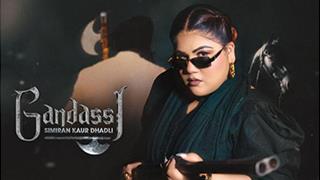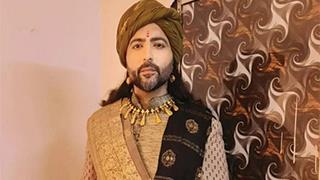Details of the Rape Allegation: Misuse of Promise and Power
The complainant, an aspiring actress, alleges that Khan promised her a role in his OTT project titled House Arrest, and subsequently made a commitment to marry her. According to the FIR, she claims the actor raped her on March 25 at his residence, and repeated the assault later, continuing to assure her of marriage. Shockingly, she also revealed that Khan attempted to rationalize his actions by saying his religion allows four marriages and that he would take full responsibility for her well-being.
The Charkop Police have registered the case under several provisions of the newly enforced Bharatiya Nyaya Sanhita (BNS):
Section 64 and 64(2)(M) – Pertaining to consent obtained by deception.
Section 69 – Concerning sexual assault.
Section 74 – Related to criminal intimidation or coercion.
Investigations are currently underway as police gather further evidence.
Legal Trouble Mounts: Obscenity Case Linked to OTT Show ‘House Arrest’
This isn’t the only legal matter Ajaz Khan is embroiled in. A separate FIR has been registered at Amboli Police Station, based on a complaint by the Bajrang Dal, which objected to the obscene content featured in the now-removed OTT show House Arrest. The show was previously streaming on the controversial platform Ullu, known for risqué content.
The actor and the production team now face charges under:
Section 67 of the Information Technology Act, 2000 – Penalizing the digital transmission of sexually explicit content. Penalties include:
Up to 3 years in prison and ₹5 lakh fine for first-time offenders.
Up to 5 years and ₹10 lakh fine for repeat violations.
Additionally, Khan is booked under:
Section 296 of the BNS – Addressing the public performance or exhibition of obscene material intended to cause annoyance, which may lead to up to 3 months’ imprisonment.
Sections 4 and 7 of the Indecent Representation of Women (Prohibition) Act, 1986 – Penalizing the creation and distribution of content that portrays women indecently, with potential jail terms of up to 3 years for offenders.
Political and Institutional Backlash: NCW and BJP Leaders Demand Accountability The controversy took a political turn when Chitra Wagh, Maharashtra BJP Mahila Morcha President, condemned House Arrest as “an epitome of vulgarity,” demanding strict legal action against both the actor and the OTT platform executives.
Taking cognizance of the matter, the National Commission for Women (NCW) has stepped in. On May 9, both Ajaz Khan and Ullu CEO Vibhu Agarwal have been summoned to appear before the Commission regarding allegations of obscenity, exploitation, and indecent portrayal of women.
OTT Content in the Spotlight: Legal Oversight on Digital Media Intensifies
The case has reignited the conversation around OTT platform regulation in India, with Ullu becoming a flashpoint in the debate on freedom of expression versus responsible content creation. The growing influence of streaming content and the lack of formal censorship in the digital space have long been concerns for lawmakers and cultural watchdogs.
With this case, the Maharashtra police have promised to hold all parties accountable, including content creators, production heads, and executives of digital platforms, under the provisions of BNS and existing IT and obscenity laws.
Final Word: A Case That Could Set Legal Precedents for OTT Regulation
Ajaz Khan’s legal troubles may mark a watershed moment for Indian OTT content governance. The serious nature of the allegations—from sexual assault to digital obscenity—combined with mounting political and public pressure, could potentially lead to stricter laws and enforcement mechanisms across digital entertainment platforms.
As the investigation unfolds, all eyes are on how the legal system navigates this complex intersection of celebrity misconduct, online content regulation, and women’s safety. The final outcome of this case may not only decide the fate of Ajaz Khan, but could also shape the future of digital content standards in India.




















